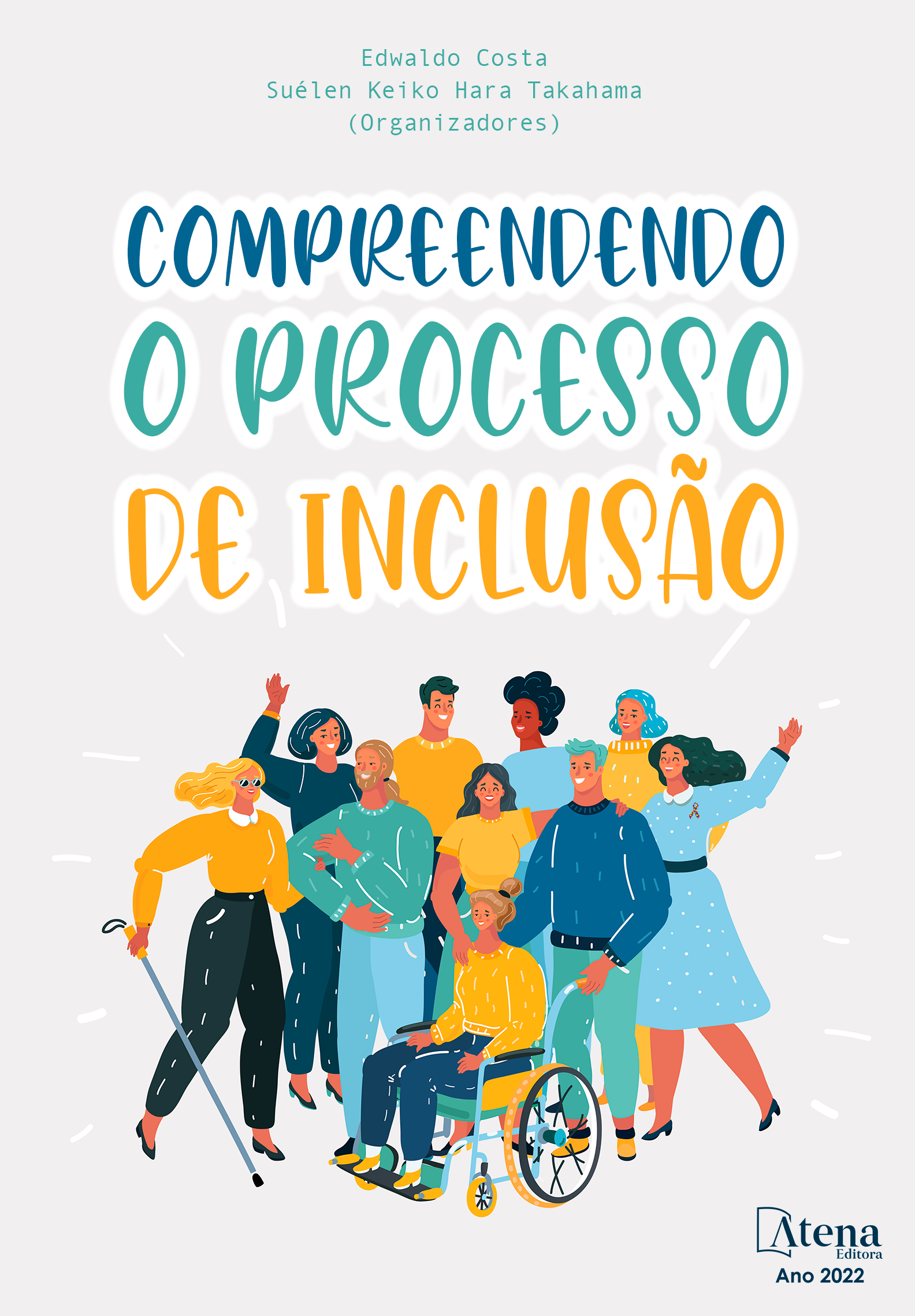
A EDUCAÇÃO PARA A CIDADANIA GLOBAL (ECG), A AGENDA 2030 E AS POLÍTICAS EDUCACIONAIS INCLUSIVAS NAS ESCOLAS REGULARES: UM (NOVO) DIÁLOGO FRENTE AOS ALUNOS COM O TRANSTORNO DO ESPECTRO AUTISTA
O presente artigo objetiva contextualizar a origem das políticas públicas educacionais brasileiras na modalidade da Educação Especial com foco no atendimento dos alunos com o Transtorno do Espectro Autista (TEA), frente ao guia sobre a Educação para a Cidadania Global (ECG) atrelada aos objetivos da Agenda 2030, nas escolas regulares explanados pela Unesco (2015,2016a,2016b). Como metodologia utilizou-se a pesquisa bibliográfica para embasamento teórico da temática. Notou-se que, mesmo diante de todas as legislações e criação de políticas públicas e agendas que preveem uma educação de qualidade a todos os alunos com prazos estabelecidos, ainda há muitas falhas no sistema educativo e muitas lacunas para que seja, efetivamente, cumprido o propósito do atendimento de qualidade e equidade aos alunos com o TEA
A EDUCAÇÃO PARA A CIDADANIA GLOBAL (ECG), A AGENDA 2030 E AS POLÍTICAS EDUCACIONAIS INCLUSIVAS NAS ESCOLAS REGULARES: UM (NOVO) DIÁLOGO FRENTE AOS ALUNOS COM O TRANSTORNO DO ESPECTRO AUTISTA
-
DOI: 10.22533/at.ed.8512218051
-
Palavras-chave: Políticas Públicas Educacionais; Educação Especial; Educação para Cidadania Global (ECG); Agenda 2030; Transtorno do Espectro Autista (TEA).
-
Keywords: Public Educational Policies; Special education; Education for Global Citizenship (ECG); Agenda 2030; Autism Spectrum Disorder (ASD).
-
Abstract:
This article aims to contextualize the origin of Brazilian public educational policies in the Special Education modality, focusing on the care of students with Autism Spectrum Disorder (ASD), in view of the guide on Education for Global Citizenship (ECG) linked to the objectives of the Agenda 2030, in regular schools explained by Unesco (2015,2016a,2016b). As a methodology, bibliographic research was used for the theoretical basis of the theme. It was noted that, even in the face of all legislation and the creation of public policies and agendas that provide for quality education to all students with established deadlines, there are still many flaws in the educational system and many gaps in order to effectively fulfill the purpose of providing quality and equitable service to students with TEA
-
Número de páginas: 14
- Marcela Tais dos Santos Hungaro


